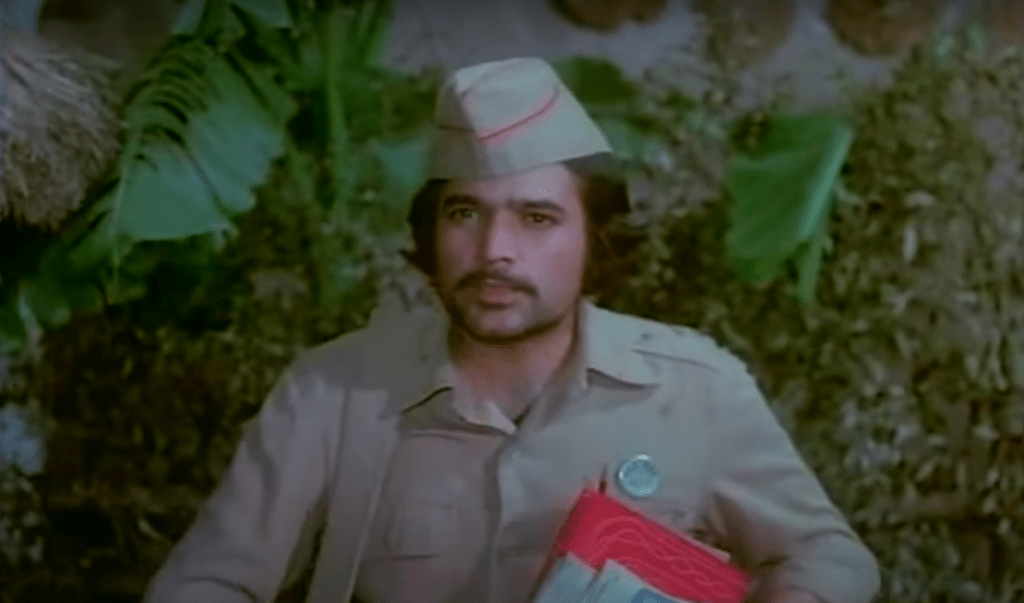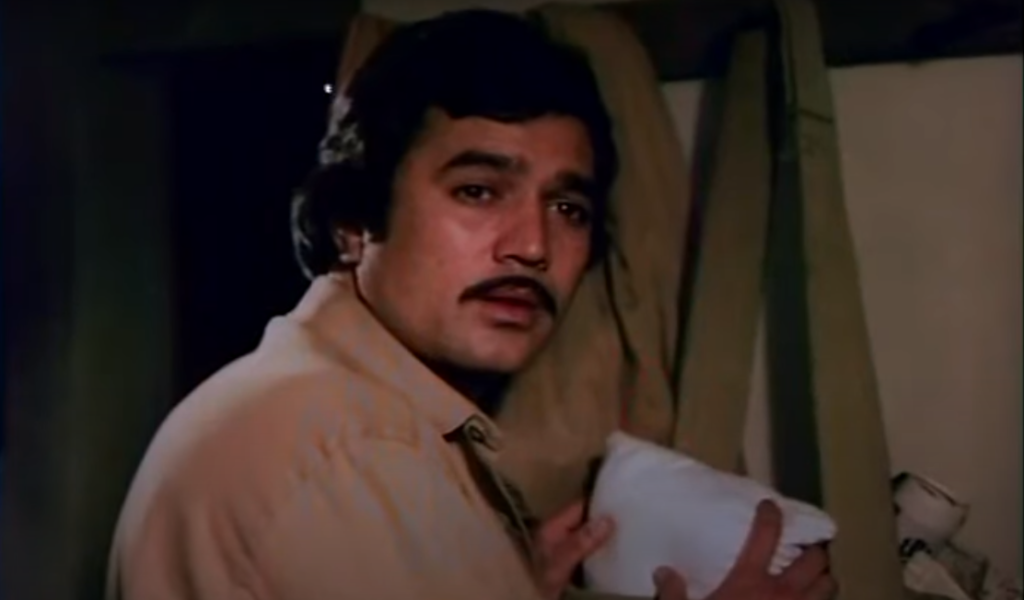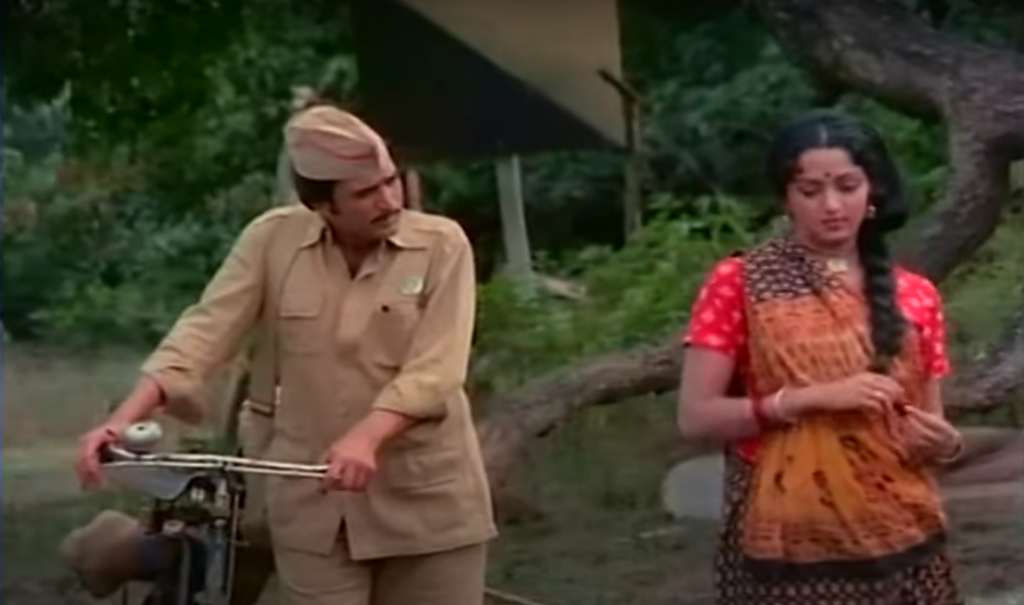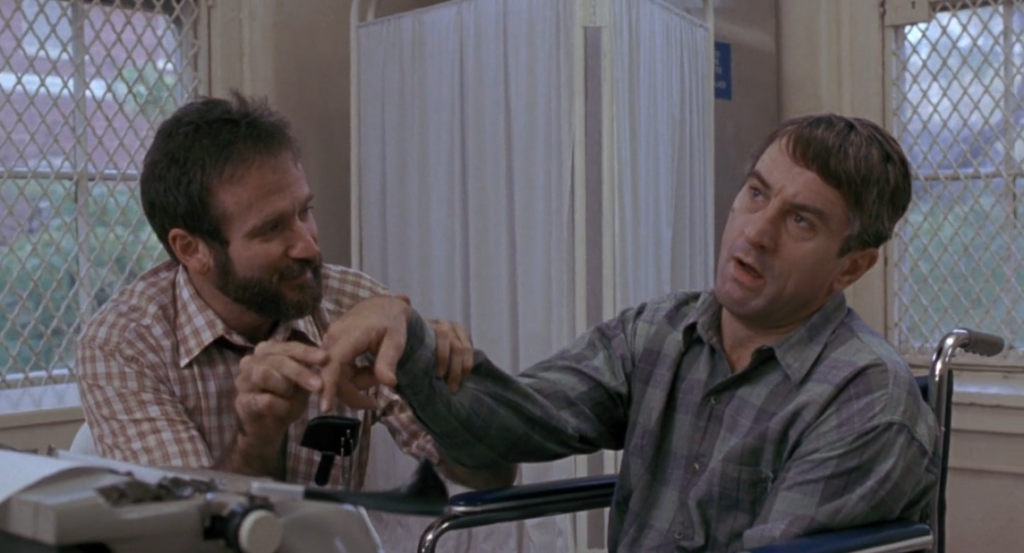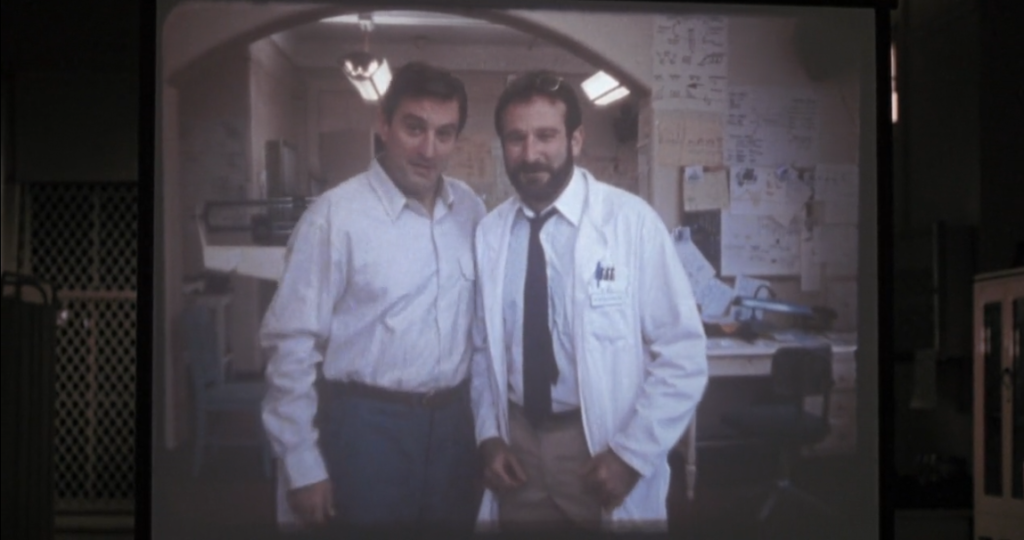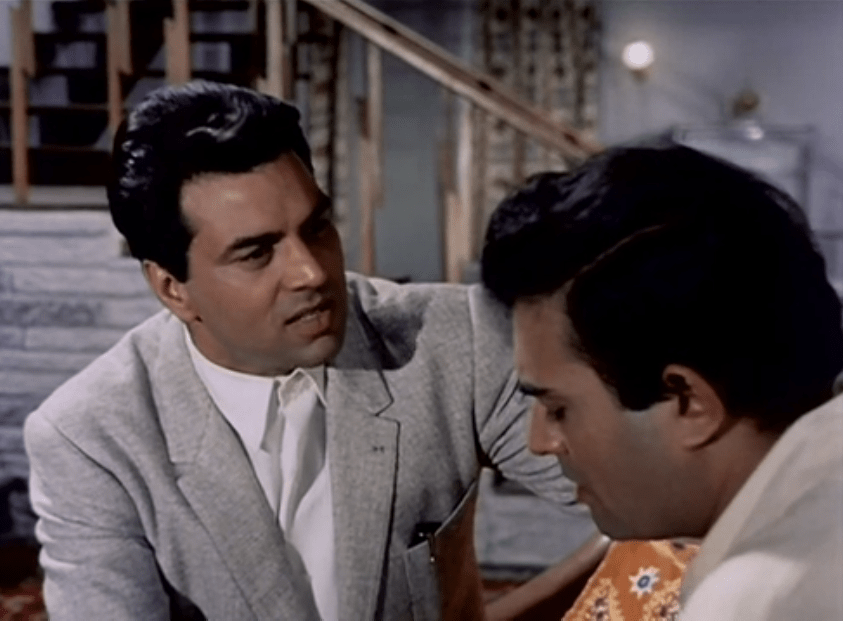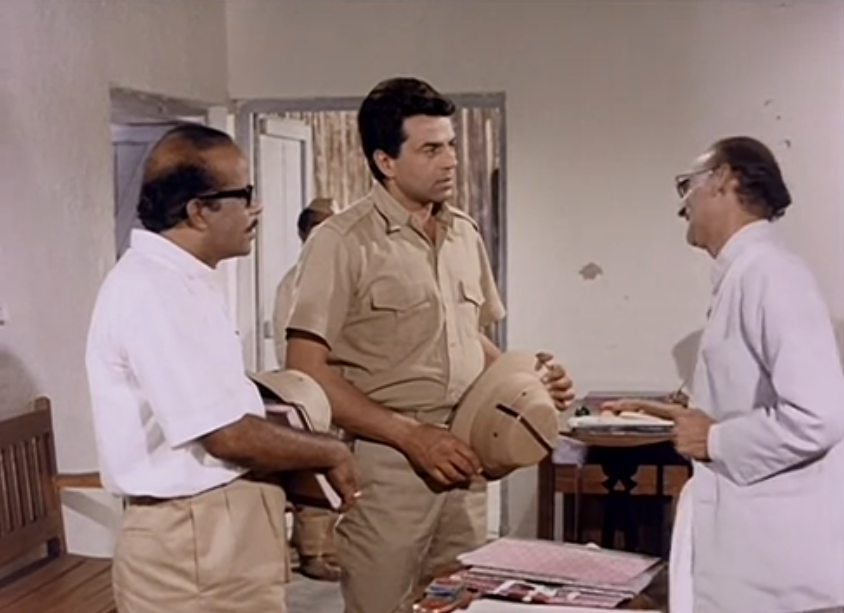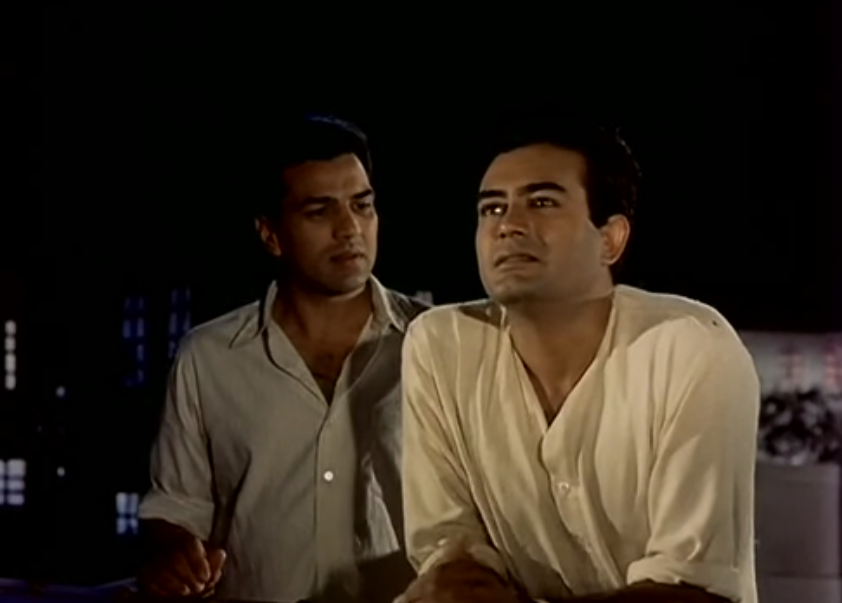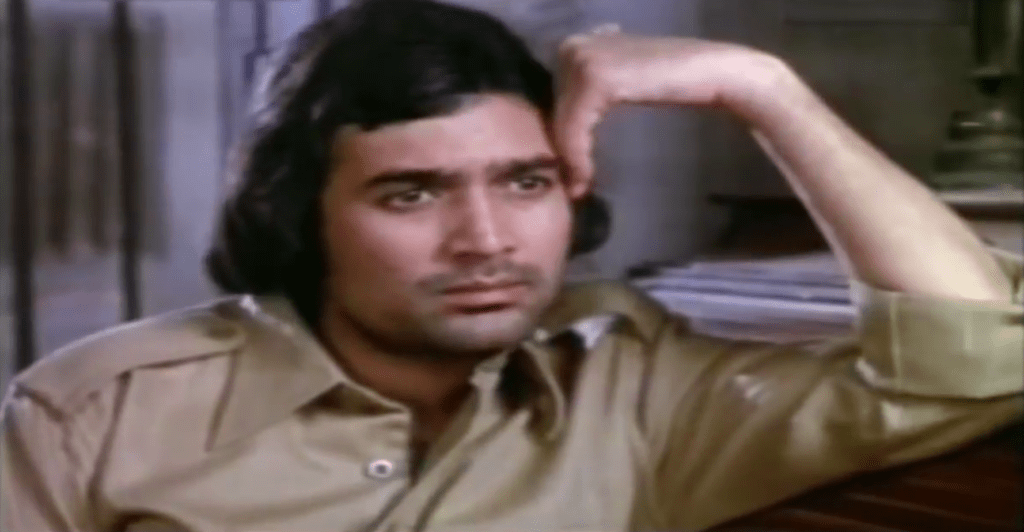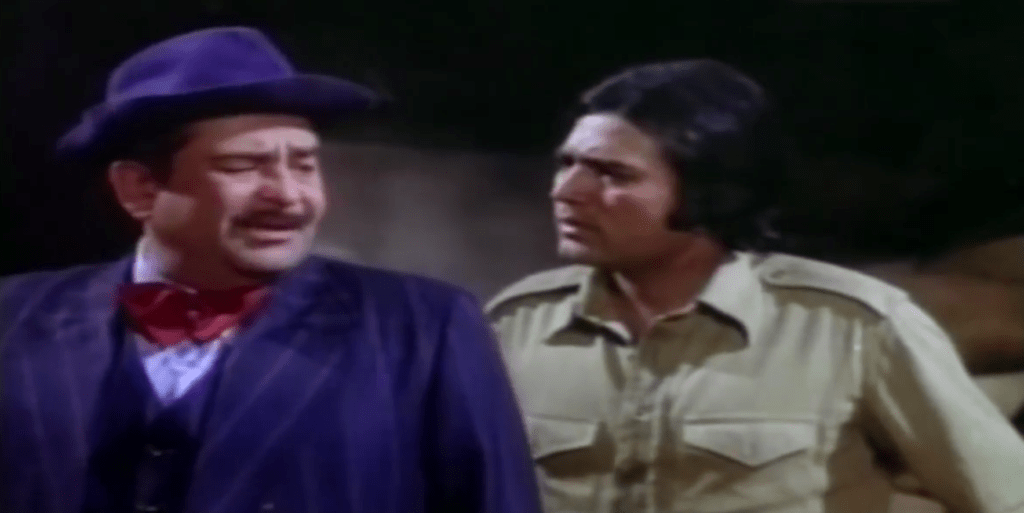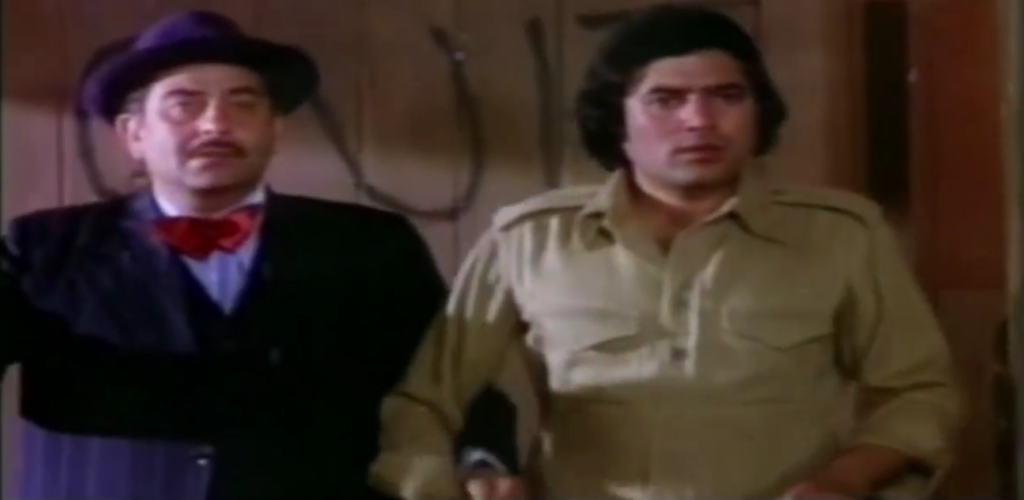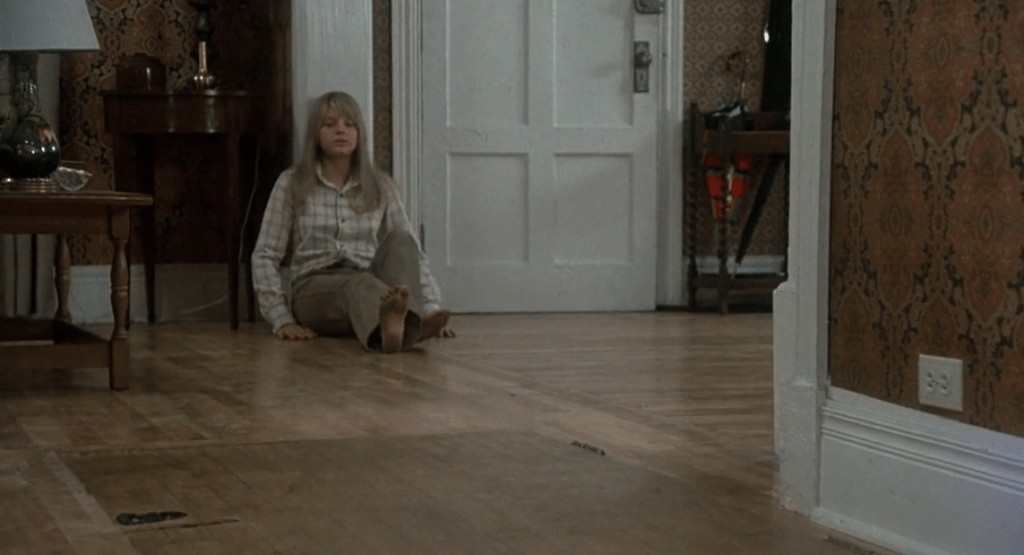Released in 1966
9/10
Genre- Family, Drama, Romance
Main Cast: Sharmila Tagore, Dharmendra, Tarun Bose
Music- Hemant Kumar
Story- Hrishida (Hrishikesh Mukherjee)
Screenplay: Bimal Dutta and D.N. Mukherjee
Direction- Hrishida (Hrishikesh Mukherjee)
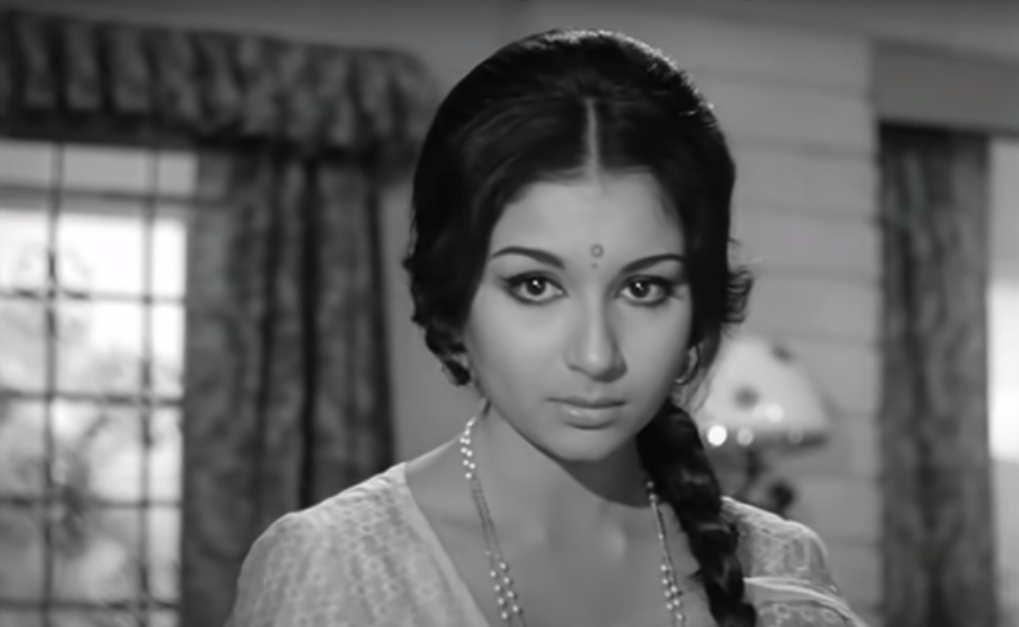
BRIEF INTRODUCTION Set in modern background, this is a story about a businessman Mohan (played by Tarun Bose), his daughter Uma (played by Sharmila Tagore), and their strained relationship due to an unfortunate event related to Mohan’s wife (played by Surekha Pandit), her untimely death during Uma’s birth. For this incident, Mohan blames Uma and starts hating her forever, which results in Uma being very quiet and suppressed, always longing for her father’s acceptance and affection. But this changes when she meets Ashok (played by Dharmendra), a teacher who also happens to be an open-minded writer in the story. The rest of the plot is formed by how Uma breaks out of this shell and chooses to do what’s right for her.
The Movie There is so much to appreciate about “Anupama” that words fall short of it. The story, the casting, the performance, the cinematography (Black & White), the music/songs, and finally the direction by Hrishida. In every department, the film managed to deliver, and these elements tell a lot about the director’s vision of conveying his message on the subject. With no distractions and a clear narrative, “Anupama” comes as a rare film on a father-daughter relationship.
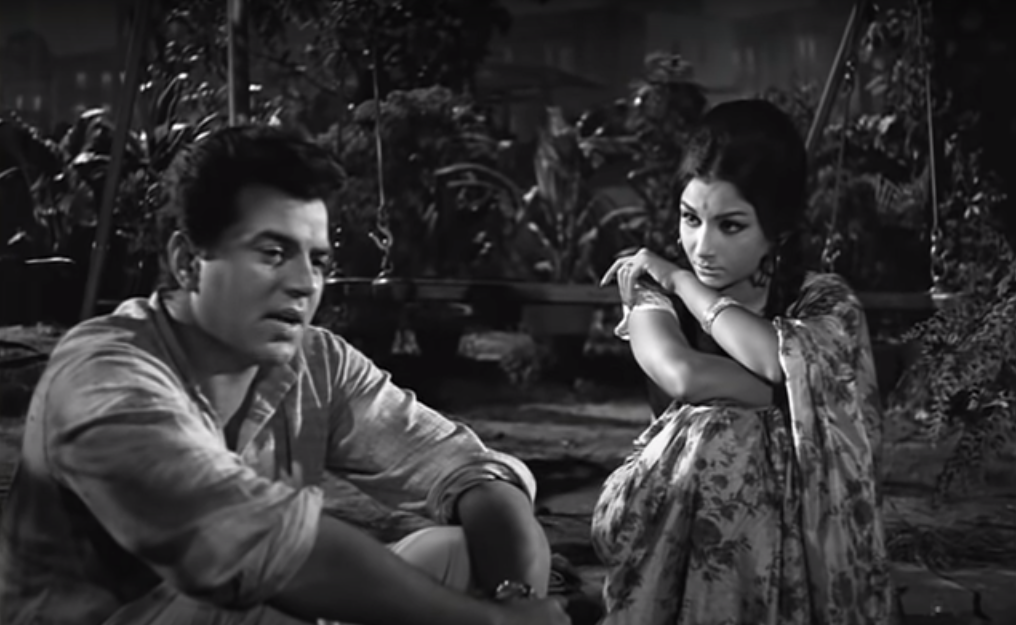
Supporting Characters The supporting characters are also crucial to the story. Be it Moses (played by David), Arun (played by Deven Verma), Annie (played by Sashikala), or Ashok’s mother (played by Durga Khote), they all contributed their bits to the film. Especially Annie’s character added a lot to the film and Sashikala gave an impressive performance as Uma and Ashok’s common friend, in fact, the last part of the film would be incomplete without her character.
Ashok to Uma in a scene in “Anupama (1966)”
“अच्छा, आप आप बातें क्यों नही करतीं,
वैसे सच पूछिए तो आप को बोलने को जरूरत भी नहीं,
आप की आँखें हैं न, सब कुछ कह देती हैं…”
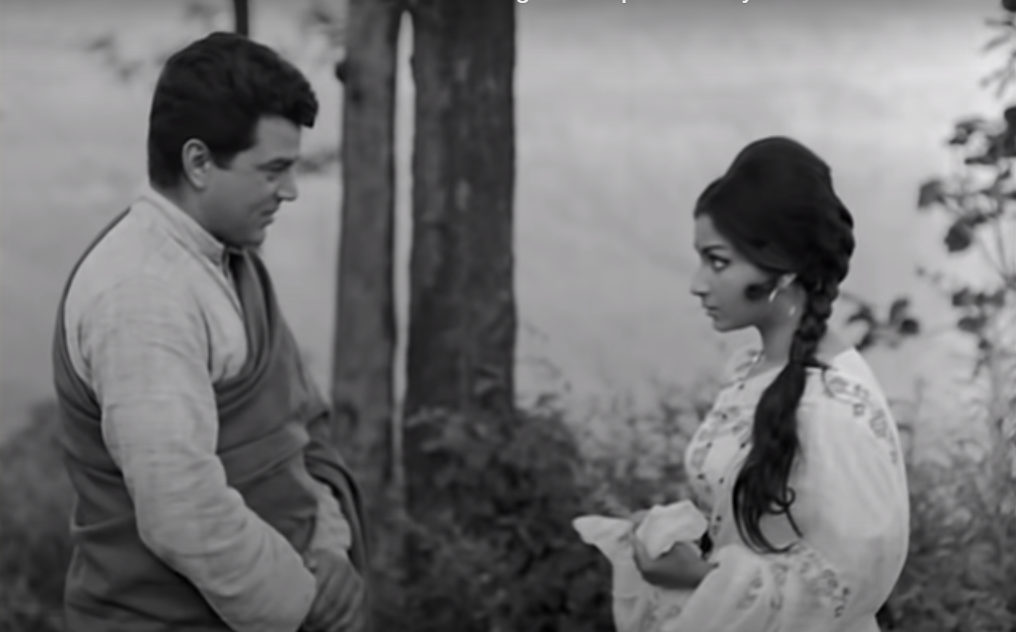
And that is quite evident in the film, Sharmila Tagore had a very limited number of dialogues in the film but she spoke through her eyes and expressions. Her eyes, they did all the talking…
P.S. Anupama won the National Film Award (1966) for Best Feature Film in Hindi.

